Navigating Supply Chain Innovation: Strategies for Success
In today's rapidly evolving business environment, where 84.6% of businesses report increased operational costs due to su...

How Is AI Revolutionizing the Way Businesses Innovate?
In a very short space of time, artificial intelligence (AI) has become way more than just a buzzword, with research high...
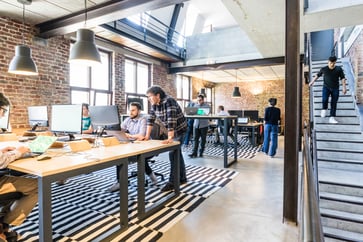
Startup Database: Best Startups to Watch in 2024 (Updated Monthly)
In the ever-evolving business landscape, a new wave of startups is promising to make its mark in 2024. These early-stage...

Is AI the Future of Innovation Management?
Unless you’ve been living under a rock, you’ve probably heard a thing or two about AI in the last year. The launch of Ch...

Capturing Customer Needs Effectively: A Deep Dive into the Jobs-to-be-Done Approach
Innovation usually relies on various methods like focus groups, interviews, surveys, and customer feedback to identify c...

How AI is Accelerating Innovation
Throughout history, various technologies have led to the acceleration of breakthroughs in the industry. For example, the...
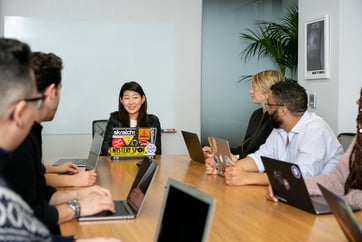
How to Embrace The 4 Leadership Paradoxes
“A leader takes people where they want to go. A great leader takes people where they don't necessarily want to go, but o...

How Innovation Can Benefit From Artificial Intelligence?
The launch of ChatGPT, Midjourney, and DALL-E has put artificial intelligence (AI) firmly in the spotlight. Yet AI is no...
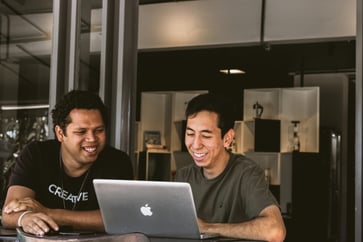
What’s the Right Balance Between Open Innovation and Internal Innovation?
Innovation, as defined in the OECD's Oslo Manual (2018), is the introduction of a new or significantly improved product,...
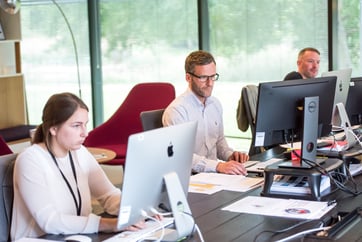
Unlocking Customer Experience Innovation: A Step-by-Step Approach
Customer experience has become a major differentiator for large companies. In a McKinsey survey of senior executives, 90...
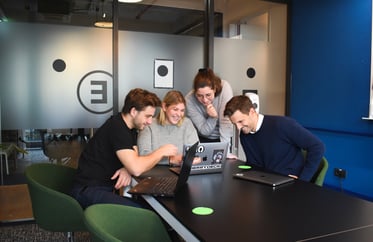
Open Innovation 101: Easy Ways to Get Started
Open innovation comes in all shapes and sizes, and how to implement it in your company can sometimes feel daunting. But ...



